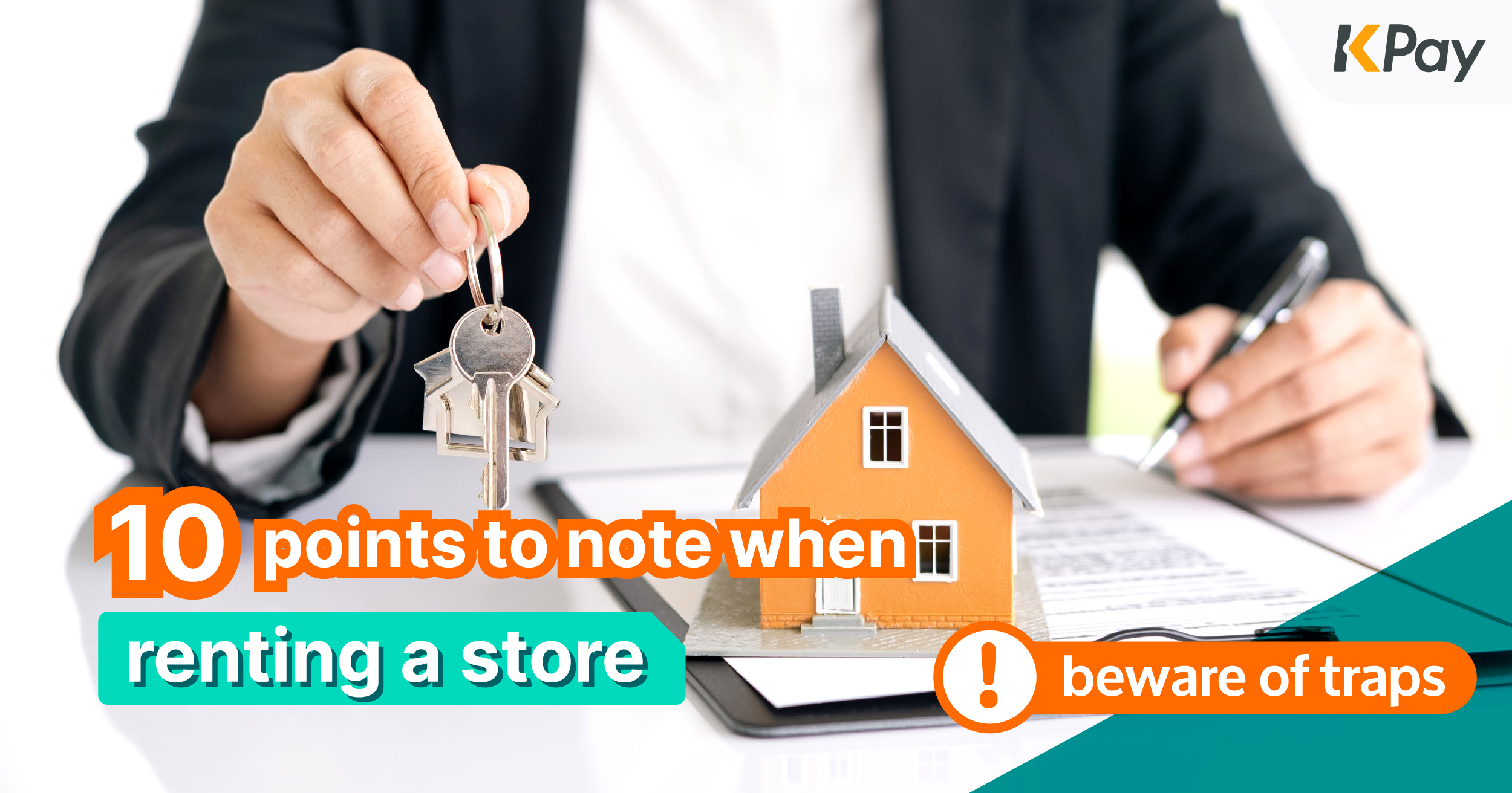
This article aims to introduce some of the basics of leasing a shop. Throughout this article, we clarify the costs and risks that may arise during the leasing process, and explain ten common questions and solutions regarding leasing!
While it certainly isn’t easy, renting a shop isn’t as difficult as it looks. Generally speaking, it can be summarised into the following several steps:
- First, contact a real estate agent or broker to inquire about available properties nearby, or visit preferred locations to see if there are vacant locations up for rent.
- Arrange a visit to your preferred spot with a real estate agent. You want to observe the area by paying attention to the location, footfall and neighbouring shops. Learn all the amenities and any restrictions of that location.
- After you have decided where to rent, contact the landlord to discuss the details of your contract. Usually, those details include lease term, rent, rent-free period, handover date, contract renewal terms, renewal rights, early termination clauses, and clarify the responsibility for miscellaneous expenses such as rates, management fees, utilities, internet fees, and property maintenance costs.
- Once both parties have agreed on the terms and the signing date of the contract, a lawyer drafts the contract and everyone signs the contract to complete the leasing process.
If you are working with a real estate agent who provides professional assistance, you may encounter fewer problems. However, to protect your rights, you are advised to have some basic knowledge and understanding of the leasing process.
The above list mentions 10 common questions when renting a shop and offers various solutions and considerations. In reality, what are the specific and detailed costs involved in opening a shop in Hong Kong? Let's take a look at the following table:
Expense items | Approximate cost |
Commission for real estate agencies |
|
Legal fees |
|
Rent and deposit |
|
Stamp duty |
|
Property rates and government rent |
|
Management and promotion fees |
|
Air conditioning fee |
|
Gas, Water, and Electricity Fees and Deposits |
|
Fire Insurance (Building Insurance) |
|
General insurance |
|
Licence fees |
|
Operational costs |
|
After securing a location, you might want to cover popular electronic payment methods in the market all at once. If you want to do that while avoiding any rental fees and installation fees, why not consider applying for the KPay Smart POS Terminal?
Simple application process!
1. Fill out your company’s information on KPay's official website.
2. Our digital payment consultants will contact you to understand your needs.
3. KPay will arrange a specialist to install the KPay Smart POS Terminal for you.
Access to 15 mainstream payment tools
KPay Smart POS Terminal supports various common electronic and contactless payment tools in the market, such as Octopus, AlipayHK, WeChat Pay, major credit cards, BoC Pay, Apple Pay, etc. With one terminal, merchants can meet all their electronic payment needs and thus eliminate the need for multiple payment devices. Not only does this preserve a lot of valuable physical space for the shop, it is more convenient for customers to make purchases.
Real-time access to transaction records; one app to manage all transactions
KPay Merchant App allows merchants to gain access to real-time turnover and transaction records. There is also in-depth data analysis that analyses sales trends and compares sales according to payment methods. These analyses and reports can be downloaded at any time. Our Smart POS Terminal not only facilitates payments, but also allows for comprehensive sales data analysis, enabling businesses to understand and seize business opportunities.
Simple setup and flexible handling of daily payments
KPay Smart POS Terminal is easy-to-learn. It is wireless, allowing for flexible placement of the terminal. Merchants do not have to spend time on applying for various electronic payment providers and dealing with different transaction rates and settlement deadlines. Settlement with the KPay Smart POS Terminal is fast, with funds typically deposited into the merchant’s bank account within three working days.
Multiple authoritative certifications for security
KPay Smart POS Terminal complies with PCI DSS Level 1 security certification. PCI DSS security standards are the highest standard in the industry, equivalent to the security levels for credit card and bank card transactions, which should assure a safe and sure payment process.
*Terms and conditions apply
Click 'Started now' below to connect with us and learn more!

